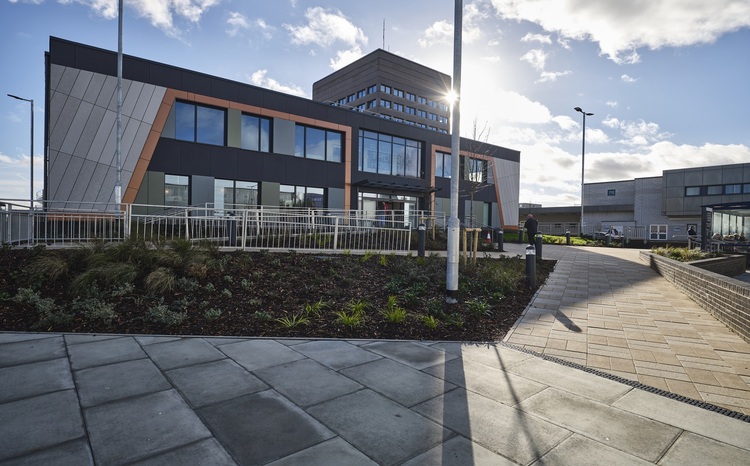Leeds still working to recover from pathology IT crash
- 27 September 2016

A major pathology IT crash at one of the Europe’s largest teaching trusts has continued into its eleventh day, with some systems remaining down for a second weekend.
A hardware failure at Leeds Teaching Hospitals NHS Foundation Trust led to an ongoing problem that has seen pathology results reporting being severely affected. While blood transfusion services are now running normally, blood sciences are still down.
A trust spokesperson said Leeds Teaching now expects to have blood sciences restored and handed over for integrity testing midweek, and normal clinical practice by the end of the week. From tomorrow, GPs will be able to send in routine blood tests as normal.
Since 16 September, 113 patient operations have been postponed, and GP practices asked not to send in routine blood tests, but instead to prioritise urgent tests.
In a statement on 26 September, Suzanne Hinchliffe, chief nurse and deputy chief executive at Leeds, said that “good progress” has been made on addressing the problem.
“We have processed all known requests and there is now no backlog for both primary and secondary care.”
She added that inpatient, day case and outpatient appointments at Leeds Teaching Hospitals will resume as normal from tomorrow.
The problem also affects Bradford Teaching Hospitals NHS Foundation Trust, GP services in Leeds and a small number of GP services in Bradford, all of which use the Leeds trust’s pathology services.
Richard Vautrey, assistant medical secretary at Leeds Local Medical Committee, said there has been a “major impact” on practices.
The reality of not sending in routine blood tests has been practices cancelling routine chronic disease management clinics or diabetic blood test appointments.
“This has provided significant inconvenience to patients,” Vautrey said. “It also makes it very difficult for practices to pick up the backlog when you have got large numbers of patients affected.”
Leeds LMC has asked for support from the clinical commissioning groups to help with the backlog.
In a statement to Digital Health News, a spokesperson for Bradford said “some more routine procedures may have to be re-scheduled” due to the significant problems at Leeds.
The trust also confirmed that it was working closely with local trusts to “secure additional pathology capacity” to continue processing as many tests as possible.
As part of the National Programme for IT in the NHS, Leeds was due to deploy the Lorenzo electronic care record from CSC. However, delays meant it still runs a much older patient administration system from iSoft, the company that developed Lorenzo, and which CSC eventually had to buy.
According to the Digital Health Intelligence Database, the trust is using a Clinicom PAS, installed in 2001. The trust also runs other iSoft/CSC systems, and the database says that for pathology it relies on CSC’s iLab. Local reports suggest it is using a version of the software known as iLab TP, or Telepath.
CSC said in a statement to Digital Health News that the company is working with the trust on a resolution, and that “good progress is being made through a collaborative approach”.
In 2011, Leeds put together an ambitious IT strategy based around a clinical portal, using open source code. It is also at the centre of the Leeds Care Record, another open source project to create a shared care record for the city.
READ MORE
Ongoing pathology IT crash in Leeds
Leeds site visit (Leedsing the Way)
Leeds leads the way on shared records




